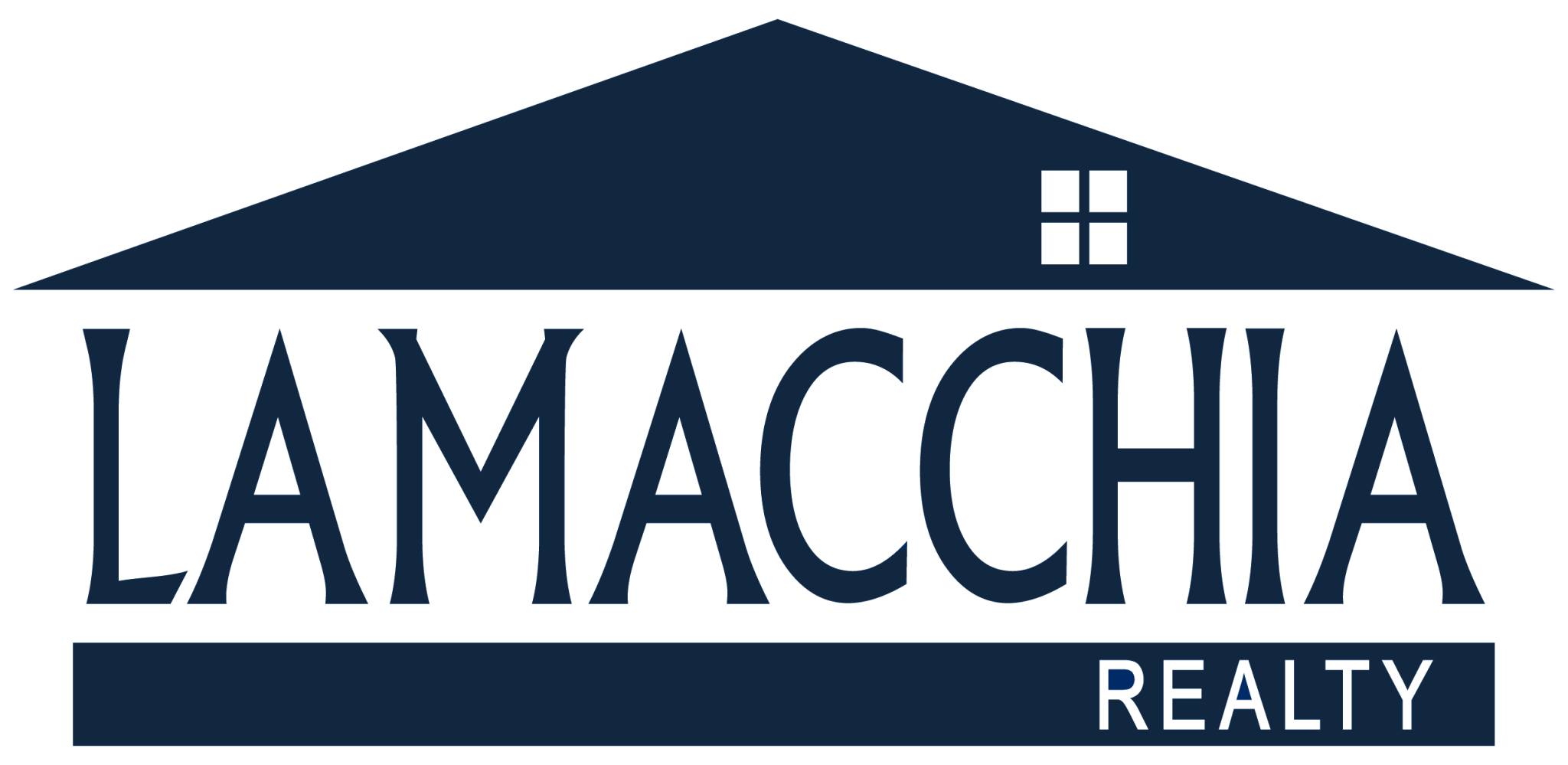
Buying a home is one of the biggest financial decisions most people will ever make, and for many, it can feel out of reach due to high upfront costs. That’s where home buyer grants come in. These programs, often offered by federal, state, or local governments, provide financial assistance to help cover expenses like down payments or closing costs. For eligible buyers, home buyer grants can make homeownership more affordable and accessible, easing the path to achieving the dream of owning a home. In this blog, we will go state by state through Massachusetts, New Hampshire, Rhode Island, Connecticut, Maine and South Florida, to see how buyers can prepare for and how these grants can help cover expenses.
What Are Home Buyer Grants?
 Home buyer grants are a financial assistance program that is usually distributed through state or local governments to help first-time home buyers or income-qualified buyers with down payments, closing costs, repairs, and more. Unlike loans, these grants do not need to be repaid, as long as you meet the criteria needed to be approved (ex: residing in a home for a certain number of years). There are a few different types of grants that can be issued: municipal grants, state grants, federal grants, and down payment assistance loans (DPAs).
Home buyer grants are a financial assistance program that is usually distributed through state or local governments to help first-time home buyers or income-qualified buyers with down payments, closing costs, repairs, and more. Unlike loans, these grants do not need to be repaid, as long as you meet the criteria needed to be approved (ex: residing in a home for a certain number of years). There are a few different types of grants that can be issued: municipal grants, state grants, federal grants, and down payment assistance loans (DPAs).
To apply for a home buyer grant, you typically need to provide proof of income, recent tax returns, bank statements, and a credit report. You may also need to show a government-issued ID, verification of employment, and sometimes a mortgage pre-approval letter. Many grant programs require applicants to complete a homebuyer education course, especially if it’s your first time buying a home. Having your financial and personal documents in order will help make the application process smoother and increase your chances of approval.
Benefits in Today’s Real Estate Market
In today’s real estate market, home prices are still high, interest rates have caused sticker shock after the historic low level we saw during the pandemic, and there just isn’t enough inventory out there. These situations are where grants can make a significant difference to buyers and their buying power. For starters, grants and assistance programs can reduce how much cash you need at closing, which can be a huge relief when trying to buy a home. They can also improve your chance of mortgage approval, due to a favorable loan-to-value ratio, which makes your application stand out to lenders. Additionally, grants can make homes in more expensive areas or competitive markets more affordable and can assist you in moving into a neighborhood or home you wouldn’t have been able to afford otherwise.
Types of Grants
Municipal Grants and DPAs:
Municipal grants are provided by local governments, such as your town or county. These grants for home buyers are to assist individuals within that town or county in purchasing a home. They are typically aimed towards first-time home buyers, low-to-moderate income families, or even for veterans who are looking to purchase a home in certain neighborhoods. These grants are a great way to reduce the upfront costs of purchasing a home.
Down Payment Assistance Loans are offered by state or local governments and are most commonly used by first-time home buyers and low-to-moderate income buyers in areas where home prices are high. These loans are designed to help home buyers with the upfront costs of buying a home- most commonly the downpayment. These loans are used jointly with a mortgage. There are different types of these loans such as forgivable loans (does not need to be repaid if conditions are met), deferred-repayment loans (payments are not required until a certain amount of time has passed), low-interest loans (low or even zero percent interest rate loans), and standard repayment loans (borrower pays loans each month with a current interest rate).
State Grants:
State grants are issued by state governments and can cover a wider range of costs as compared to municipal grants. These grants are designed to make purchasing a home more affordable and typically help with making a down payment or closing costs. They are often forgivable, meaning you do not have to repay the state as long as you meet their requirements.
Federal Grants:
These types of grants are issued by the federal government. A lot of these “grants” are actually loans, where you do have to repay the government, but the majority of them require no downpayment and have favorable interest rates. Some are also distributed annually, as others are available year-round. There are many programs within the national government that distribute these grants. For example: U.S. Department of Housing and Urban Development (HUD) Programs, U.S. Department of Agriculture (USDA) Rural Development Loans, and VA Loans (U.S. Department of Veterans Affairs). It is important to stay updated on the timelines and funding availability of the right federal grant for you and your lifestyle.
General Steps for All States
If you are thinking about using a grant or assistance program to purchase a home, there are a few key steps to keep in mind throughout the process. First, most programs require applicants to take a home buyer education course, which is usually free or low-cost online. After completing the course, you would then check to see if you are eligible for a grant or an assistance program. The criteria usually include first-time buyer status, income limits, home price caps, and property location. Based on those indicators, an approved lender or program partner can assist you throughout the application process. When you are ready to apply, the grant application usually coincides with the mortgage application, so it’s easier to bundle the two together to save time and hassle. Keep in mind that most grants do require you to live in a home for a certain period —usually somewhere between five and ten years.
State-by-State Overview
Massachusetts
- Programs: MassHousing, MassDREAMS, and local city/town grants (Boston, Worcester, etc.)
- Assistance: The state may give up to $50,000 in down payment assistance (e.g., through MassDREAMS in certain communities).
- Eligibility: Income & purchase price limits apply. Some programs are only for first-time buyers.
- Current Impact: The grants help offset high home prices and competition in cities like Boston.
- How: Work with a MassHousing-approved lender from their website. Some cities like Boston, Worcester, and Springfield offer local grants—check city housing department websites.
New Hampshire
- Programs: NH Housing’s Home Flex Plus and Home Preferred Plus.
- Assistance: Up to 4% of the loan amount in cash assistance, forgivable after 4 years.
- Eligibility: Varies by program, but generally for low-to-moderate income buyers.
- Current Impact: In a market with low inventory and rising prices, this helps buyers stay competitive by reducing upfront cash needs.
- How: Use their list of participating lenders and take a homebuyer education course (also offered through NH Housing).
Rhode Island
- Programs: FirstGenHomeRI and Extra Assistance Program from RI Housing.
- Assistance: Up to $25,000 for eligible buyers (e.g., through FirstGenHomeRI).
- Eligibility: Income and location-based; must complete homebuyer education.
- Current Impact: These grants make it more feasible for first-time buyers to purchase in competitive areas like Providence.
- How: Apply through an approved lender. They offer FirstGenHomeRI and Extra Assistance directly. Use their online tools to find a participating lender or housing counselor.
Connecticut
- Programs: CHFA Homebuyer Program and Time To Own – Forgivable Down Payment Assistance.
- Assistance: Up to $50,000, fully forgivable if living in the home for 10 years.
- Eligibility: Approval is based on income, location, and being a first-time buyer (or not owning in last 3 years).
- Current Impact: These programs and grants bridge the affordability gap as prices remain high, especially in Fairfield and New Haven counties.
- How: Complete CHFA’s homebuyer education and work with a CHFA-approved lender.
Maine
- Programs: MaineHousing’s First Home Loan Program with Advantage Grant.
- Assistance: Up to $5,000 toward down payment and closing costs.
- Eligibility: First-time buyers, income caps, home price limits, etc.
- Current Impact: With rural and coastal demand growing, this helps first-time buyers compete in bidding wars.
- How: Use a MaineHousing-approved lender and take a required homebuyer education course. Grants are rolled into the First Home Loan Program.
South Florida
- Programs: SHIP (State Housing Initiatives Partnership), HAP (Miami), and local municipal programs.
- Assistance: Often ranges $10,000–$50,000+ depending on income and program.
- Eligibility: Applicants must meet income guidelines and purchase within the city/county offering the grant.
- Current Impact: Vital in a hot market like South Florida, where housing prices and insurance costs are high.
Advice on Applying
 When you’re looking into homeownership assistance, it’s a good idea to explore all your options—local, state, and federal programs—along with down payment assistance loans. Start by checking out your city/town or county, as many offer grants for buyers in certain neighborhoods or areas being revitalized. Next, take a look at your state’s housing agency for programs that often pair well with first-time homebuyer incentives and offer some pretty solid support. Don’t forget about federal programs, like FHA or USDA loans, which can be combined with other assistance options.
When you’re looking into homeownership assistance, it’s a good idea to explore all your options—local, state, and federal programs—along with down payment assistance loans. Start by checking out your city/town or county, as many offer grants for buyers in certain neighborhoods or areas being revitalized. Next, take a look at your state’s housing agency for programs that often pair well with first-time homebuyer incentives and offer some pretty solid support. Don’t forget about federal programs, like FHA or USDA loans, which can be combined with other assistance options.
It’s important to work with a lender who’s approved by the program you’re applying for and be prepared to provide documents like proof of income, credit, and employment. You’ll likely need to take a homebuyer education course, but the good news is that many of them can be done online and are either free or low-cost.
As an experienced REALTOR®, I am equipped with the latest market insights and trends, ensuring that you make well-informed choices tailored to your unique needs and goals. Whether you’re a first-time home buyer or want to learn more about the homebuying process, I am committed to providing personalized service and expertise to help you find the perfect home. I am here to support you in making one of life’s most significant investments and am eager to help you turn your homeownership dreams into a reality.
